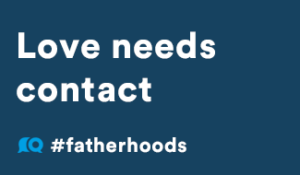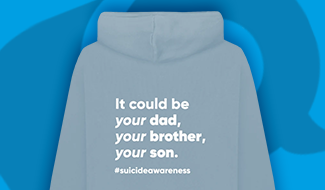The Family Court has the power to make a “Non-Molestation Injunction”which is an order of the court usually prohibiting the following:
- Using or threatening violence;
- A person from contacting the applicant;
- A person from going to a home or within 100 metres of a home.
In order to make an application in the Family Court, the Applicant must be “related” in some way, for example married, previously co-habited, parent of a child together, parent, son, aunt, uncle, grandparent etc. Family Non- Molestation Injunctions cannot apply to parties who are not related such as neighbours or former friends.
If there has been a recent serious threat or if there has been recent violence (there is no time limit on what is regarded as “recent”), a party can apply for what is known as an emergency injunction without notice to the other party of the hearing. When dealing with an emergency injunction the court is unlikely to challenge or question the evidence of the applicant. If an order is made there is likely to be a review hearing one or two weeks later when the court will reconsider the matter. This will give the opportunity for the other party to make representations as to why a Non-Molestation Order should not continue. However, at the review hearing often the other party does not attend.
Breach of a Non- Molestation Injunction
Breach of a Non-Molestation Injunction is in itself a criminal offence for which a person could be punished by a term of imprisonment of up to 5 years. The difficulty, however, is that the police seem extremely reluctant to take action in respect of a breach of a Non- Molestation Injunction.
Non-Molestation Injunctions are usually made for 6 months or a year. If, however, there is a breach of a Non-Molestation Injunction during the period when it is in force, it is possible to apply to the court to extend the period of the injunction.
Occupation Orders
Occupation Orders are orders which regulate whether a person can occupy a property when they are entitled to. Often they will prohibit a party from entering or attempting to enter a property even if they are entitled to.
Occupation Orders are often made for 6 months to 1 year. During that period, parties are expected to resolve issues concerning the occupation of property. For example, if parties were married, they are expected to deal with the property and financial matters.
Legal Aid
Legal Aid is available to apply for a Non-Molestation Injunction. However, it must be remembered that there are tests which an Applicant must meet:
- Disposable needs should be below a certain figure;
- Capital needs should be below a certain figure (equity in a home is taken into account).
Applying for a Non- Molestation Injunction
There is no court fee payable to make a non-molestation injunction. An application form must be completed and a statement must be signed by the applicant.
The statement should contain the following information;
- Details of the relationship between the parties;
- Details of any children;
- Details of where the parties are living;
- Details of the first incident of violence or threats:
- Details of the worst incident of violence or threats;
- Details of the most recent incident of violence or threats;
- Details of any medical treatment, if any;
- Details of witnesses, if any.
The above is not an exhaustive list.
Legal aid and other proceedings
If a non-molestation injunction is granted, it can act as ‘gateway evidence’ for other legal services such as finance and children matters but an applicant must still be financially eligible.
Additional Reading/Resources
If you are facing court alone many people have found Lucy Reed’s book, ‘Family Court Without A Lawyer’ particularly useful.
If you are looking for help filling in the forms this video from advicenow provides an excellent guide. It shows you what to do if you need to apply for a court order to protect yourself (known as an injunction) following domestic violence.
Some courts offer a free ‘Support Through Court’ service. Volunteers offer support and guidance before, during, and after court. They ensure that those facing court alone feel prepared and supported in accessing justice.
Posted on October 25, 2019














